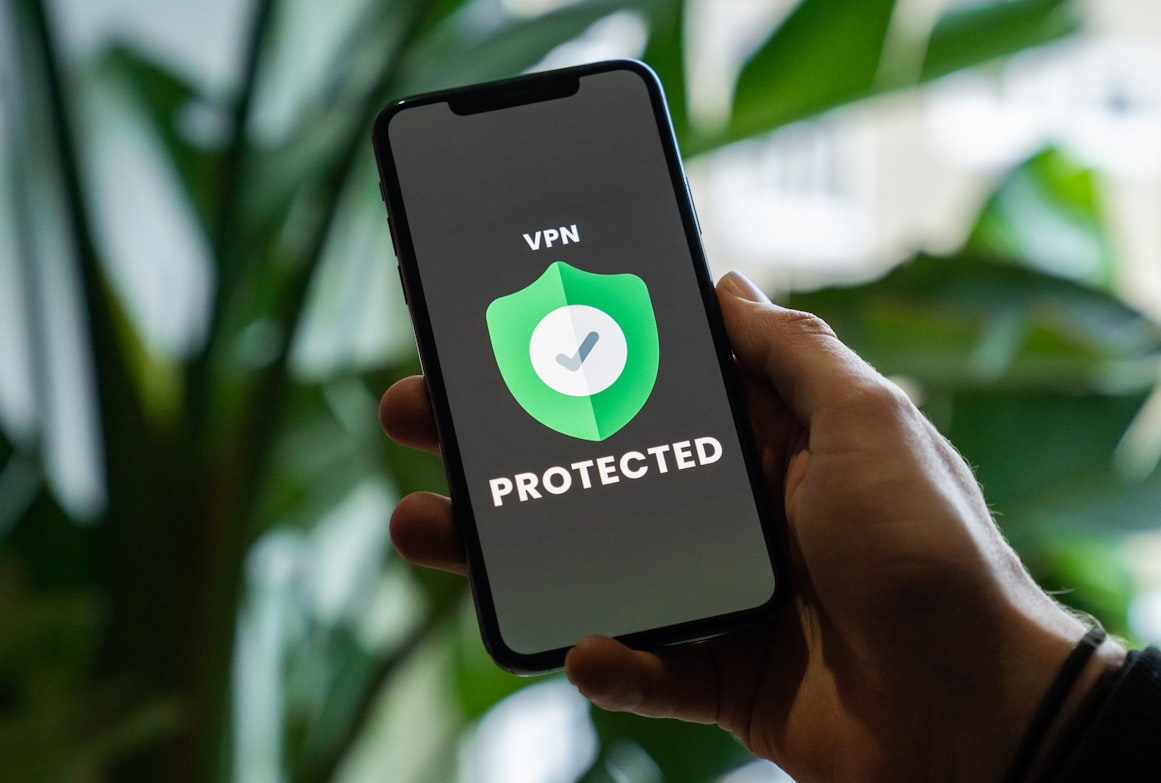
A VPN, or virtual private network, is a secure tunnel between your device and the Internet. VPNs are used to protect your online traffic from snooping, interference, and censorship. A VPN encrypts your Internet connection and makes it virtually impossible for anyone to see what you're doing online.
There are many benefits of using a VPN, both in a corporate and personal use setting. Benefits include improved security and privacy, increased speed and efficiency, and better access to the content that may be blocked in your country. Let's take a closer look at each of these benefits in turn.
Security and Privacy
One of the most important benefits of using a VPN is that it increases your security and privacy online.
A VPN encrypts all of your traffic with military-grade encryption, making it virtually impossible for anyone to spy on your activities. This is especially important if you're using public Wi-Fi, as these networks are often unsecured and easy for hackers to exploit.
From a corporate networking perspective, a VPN establishes a secure tunnel between your employees' devices and an application, service, or website accessed over the public Internet. This encrypted communication channel helps secure data in transit. Additionally, if you control both sides of the VPN tunnel, then it is possible to filter traffic and ensure that only authorized users can access services. This is one of many ways to protect your network from hacking.

A VPN also hides your IP address, which is the unique identifier that is assigned to your device. This makes it difficult for websites to track your location and activity. Furthermore, a VPN routes your traffic through an intermediary server, making it appear as if you're accessing the Internet from a different location. This can be useful for bypassing geo-restrictions or accessing content that may be censored in your country.
Speed and Efficiency
Another great benefit of using a VPN is that it can actually improve your Internet speed and efficiency. This is because a VPN eliminates congestion on overloaded servers by routing your traffic through an alternate server. Additionally, some VPN providers offer "split tunneling" features that allow you to route certain types of traffic (such as video streaming) through the VPN while still accessing other types of content (such as web browsing) directly from your Internet Service Provider.
Better Access to Content and Services
As I mentioned before, one of the main benefits of using a VPN is that it allows you to bypass geo-restrictions and access content that may be censored in your country. For example, if you're traveling abroad and want to watch your favorite TV show on Netflix, you can use a VPN to connect to a server in your home country and access the content as if you were at home.
In a corporate networking setting, a VPN enables remote access to services. Using a VPN, you can allow remote access to applications in your data center without opening up the applications to the public Internet. This can be achieved by requiring that clients connecting to the service be connected to your VPN service.
Conclusion
There are many benefits of using a VPN, including improved network security and privacy, increased speed and efficiency, and better access to content that may be blocked in your country. If you're looking for a way to improve your online experience, a VPN is definitely worth considering!